Search
Remove Ads
Advertisement
Summary 
Loading AI-generated summary based on World History Encyclopedia articles ...
Search Results
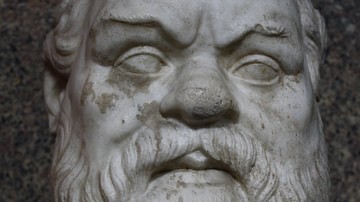
Image
Socrates Bust, Vatican Museums
A mid-2nd century CE copy of a Greek original depicting the Greek philosopher Socrates. (The Vatican Museums, Rome).
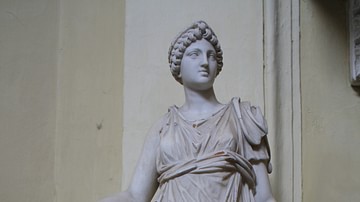
Image
Hygieia, Vatican Museums
A Roman statue of unknown date depicting Hygieia, the goddess of Health. Believed to be a copy of a 2nd century BCE original. (Vatican Museums, Rome).
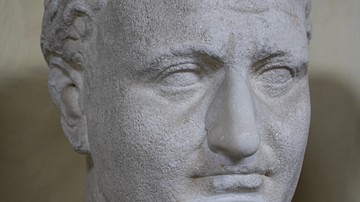
Image
Titus Bust, Vatican Museums
A 1st century bust of Roman emperor Titus, reign 79-81 CE. (The Vatican Museums, Rome).
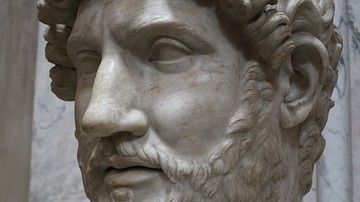
Image
Hadrian Bust, Vatican Museums
A marble portrait of Roman emperor Hadrian. The portrait displays idealised features and was possibly carved in the years following the emperor's death in 138 CE. (Vatican Museums, Rome).
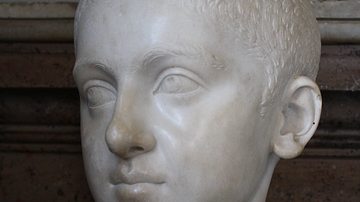
Image
Severus Alexander Bust, Vatican Museums
A marble bust of Roman emperor Severus Alexander, r. 222-235 CE. (The Vatican Museums, Rome).
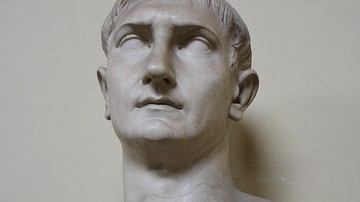
Image
Trajan Bust, Vatican Museums
A bust of Roman emperor Trajan (r. 98-117 CE). The portrait is idealised and was produced in the reign of his successor Hadrian in 117 CE. Provenance: Ostia. (Vatican Museums, Rome).
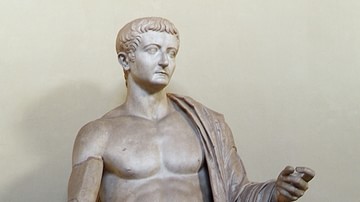
Image
Tiberius Statue, Vatican Museums
Seated statue of Tiberius, 41-54 CE, from Privernum. (Chiaramonti Museum, Vatican Museums) The sculpture dates after 37 CE, the year in which the emperor died, and together with other imperial portraits, was part of an iconic cycle set up...
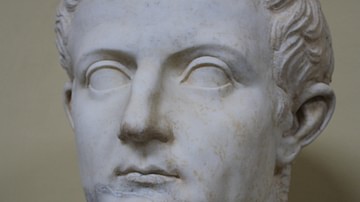
Image
Tiberius, Vatican Museums
A colossal marble head of Roman emperor Tiberius. From a public building in Rome, mid-1st century CE. (Vatican Museums, Rome)
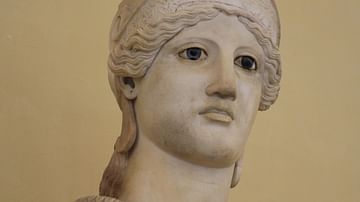
Image
Athena Bust, Vatican Museums
The colossal head of Athena from an acrolith statue dating to the late 1st century CE and believed to be a copy of an original by Phidias. Provenance: Tor Paterno. (The Vatican Museums, Rome).
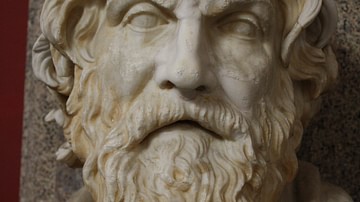
Image
Antisthenes Bust, Vatican Museums
A portrait of the Greek philosopher Antisthenes (c. 450-370 BCE), founder of the Cynic school of philosophy. 2nd century CE Roman copy of a 3rd century BCE original by Phyromachus. (Vatican Museums, Rome)